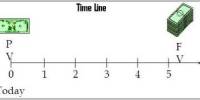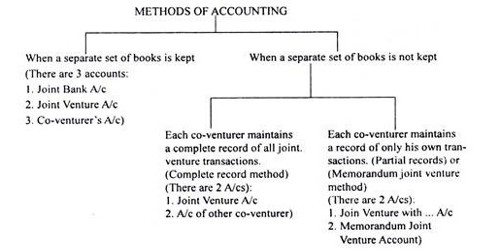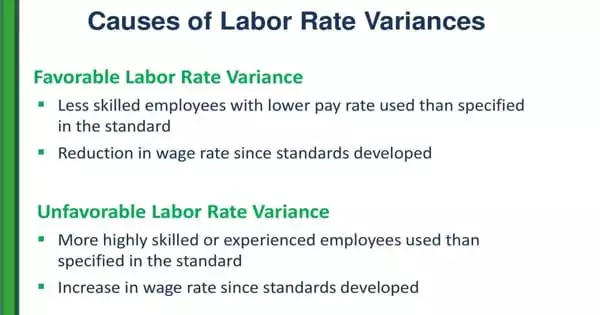Internal control system differs from one business organization to another depending on the nature and size of the business. It is the plan of organization and all of the coordinated methods and procedures adopted within a business to safeguard its assets, check the accuracy and reliability of its accounting data, promote operational efficiency and encourage adherence to the prescribed managerial policies. It comes at a price, which is that control activities frequently slow down the natural process flow of a business, which can reduce its overall efficiency. We can say that internal control is a broad term with a wide coverage. Its scope extends beyond those matters which related directly to the functions of the accounting and finance departments. In other words, it is a process put in place to prevent employees from stealing assets or committing fraud.
This process can sometimes result in management accepting a certain amount of risk in order to create a strategic profile that allows a company to compete more effectively, even if it suffers occasional losses because controls have been deliberately reduced.
Objectives of Internal control:
- Efficient conduct of business: Controls should be in place to ensure that processes flow smoothly and operations are free from disruptions.
- Safeguarding assets: Controls should be in place to ensure that assets are deployed for their proper purposes, and are not vulnerable to misuse or theft.
- Completeness and accuracy of financial records: An organization cannot produce accurate financial statements if its financial records are unreliable.
- Timely preparation of financial statements: Organisations should be able to fulfill their legal obligations to submit their account, accurately and on time.
Internal controls are typically comprised of control activities such as authorization, documentation, reconciliation, security and the separation of duties. To achieve the objective of a business proper execution of business activities in the light of prevailing laws and socio-economic condition of the country is called an internal control system or structure. Previously internal check and control were taken as the same term but nowadays owners and managers are separate and different. So, it is taken as a separate term. Internal control incorporates inspection, internal audit and other factors of control. Nowadays, it is essential for the smooth operation of accounting, cash and other transactions of the business.
Information Source:
















